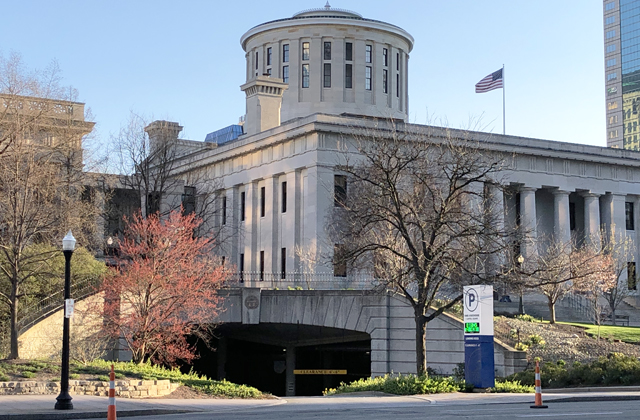Affirmative action emerged during the 1960s Civil Rights Movement responding to the discrimination faced by racial minorities and women. These policies aimed to provide equal access for discriminated groups in education and the workplace. The first official policy implementing affirmative action was Executive Order 10925 signed by President John F. Kennedy.
One of the first pushes against affirmative action after its start was Regents of the University of California v. Bakke in 1978. Allan Bakke, a white male, was twice rejected from the UC Davis medical school in spite of strong qualifications. The Supreme Court found he was rejected due to his race and banned the use of racial quotas, but allowed affirmative action.
“The attainment of a diverse student body … clearly is a constitutionally permissible goal for an institution of higher education,” Justice Lewis F. Powell Jr. wrote in the decision.
The use of race-conscious admissions has dramatically evolved over the years, but for more than 40 years, the Supreme Court has repeatedly upheld that race can be one of many factors considered in admissions decisions as college and universities attempt to create diverse campuses.
The Beachcomber staff recognizes both the advantages and disadvantages of affirmative action as it has been implemented. We are in support of programs to rectify historical inequality, but would like to see colleges and universities use the Supreme Court’s SFFA vs. Harvard decision as an opportunity to reform their approach.
Education should provide opportunity to those who have been historically disenfranchised, but unfortunately, a family’s economic status plays an outsized role in college admissions.
Though affirmative action has attempted to overcome the inequities between different demographics caused by historical injustices such as slavery and segregation, past implementation has failed to take into account other groups that have been subjected to historical injustice. For instance, affirmative action has resulted in discrimination against Asian-Americans, disregarding the historical prejudices they have also experienced.
Education should provide opportunity to those who have been historically disenfranchised, but unfortunately, a family’s economic status plays an outsized role in college admissions. Therefore, we believe that colleges should reform affirmative action to focus solely on socio-economic background, which heavily predicts academic performance.
Applicants who feel that their racial identity is crucial to their application can choose to write their essays about it. Family income impacts every aspect of a student’s college application: what school they attend, what enrichment or extracurricular activities they can participate in and whether they can afford a tutor for standardized tests. Financial status should be the most significant factor, granting applicants from all diverse backgrounds a chance at attending more prestigious institutions regardless of their financial situations.
Though pure meritocracy would be the ideal approach in the college admissions process, the diverse reality of college applicants prohibits its execution without disproportionately benefitting those from high socio-economic positions. An admissions process solely based on academic achievement fails to take into account the inequities between applicants. Therefore, the financial status of an applicant should be strongly considered alongside their academic performance, accounting for the opportunity that wealth provides, and aiming to bridge the financial gap.
We believe that college applications should be viewed holistically and that race should not be the ultimate deciding factor in an applicant’s admission. Rather than emphasizing an applicant’s racial background, colleges should attempt to increase diversity through the eradication of the advantage that many give to legacy applicants, most of whom come from wealthy, white backgrounds. Colleges could also diminish the importance of standardized testing scores such as the ACT and SAT, as performance on standardized tests is strongly correlated with wealth, which is used to gain access to tutors, prep books and other resources.
The Beachcomber staff sees the Supreme Court’s decision as an opportunity to redefine affirmative action and increase its precision by shifting its focus from racial identity to socio-economic status.













